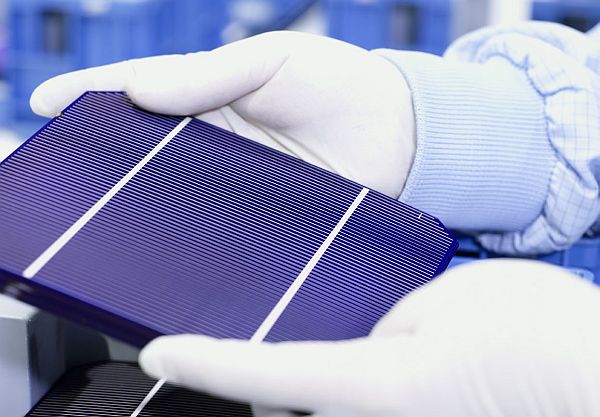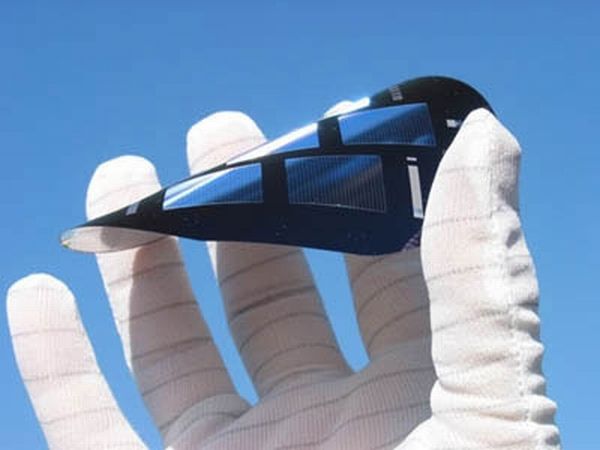One innovative facet of our modern day science deals with the conception of metamaterials. Fundamentally, defined as artificial materials that are created to exhibit some unique property that doesn’t occur naturally, their functionality is based on their intrinsic structure, rather than composition. In fact, many of the researches related to them entail wondrous stuff ranging from invisibility cloaks to super sensitive detectors. However, this time around, scientists from MIT have something more practical yet sustainable in store for us. Their project deals with a specific kind of metamaterial that can absorb a wide range of light, thus leading to a new generation of highly efficient solar cells.

According to the project researchers, conventionally thin solar set ups respond to a limited range of wavelengths, along with a lower ambit of angle of incidences. However, in this case, the design of the metamaterial is structurally evolved to form a wedge shaped pattern, composed from alternating layers of metal and an insulating material called a dielectric. The widths found between these ‘undulations’ are touted to effectively slow down and catch a more varied amplitude of wavelength.
Adequate lab testing has shown that the design has enormous capacity for light absorption. In fact, the design can account for around a whopping 95 percent efficiency, which was previously only possible with a limited range of colors. More importantly, the advanced thin material can be quite easily manufactured in a cost effective manner, from the ‘traditionally’ available solar cell fabrication equipment.
Finally, beyond its theoretical advantages, the new invention also has slew of potentially practical applications. The major one is obviously its improved solar energy harnessing capability. However, on other power related fronts, the new technology can be used for infrared detectors and even infrared light emitting applications. The second function entails progressive devices utilizing heat for electricity generation.
Via: MIT




